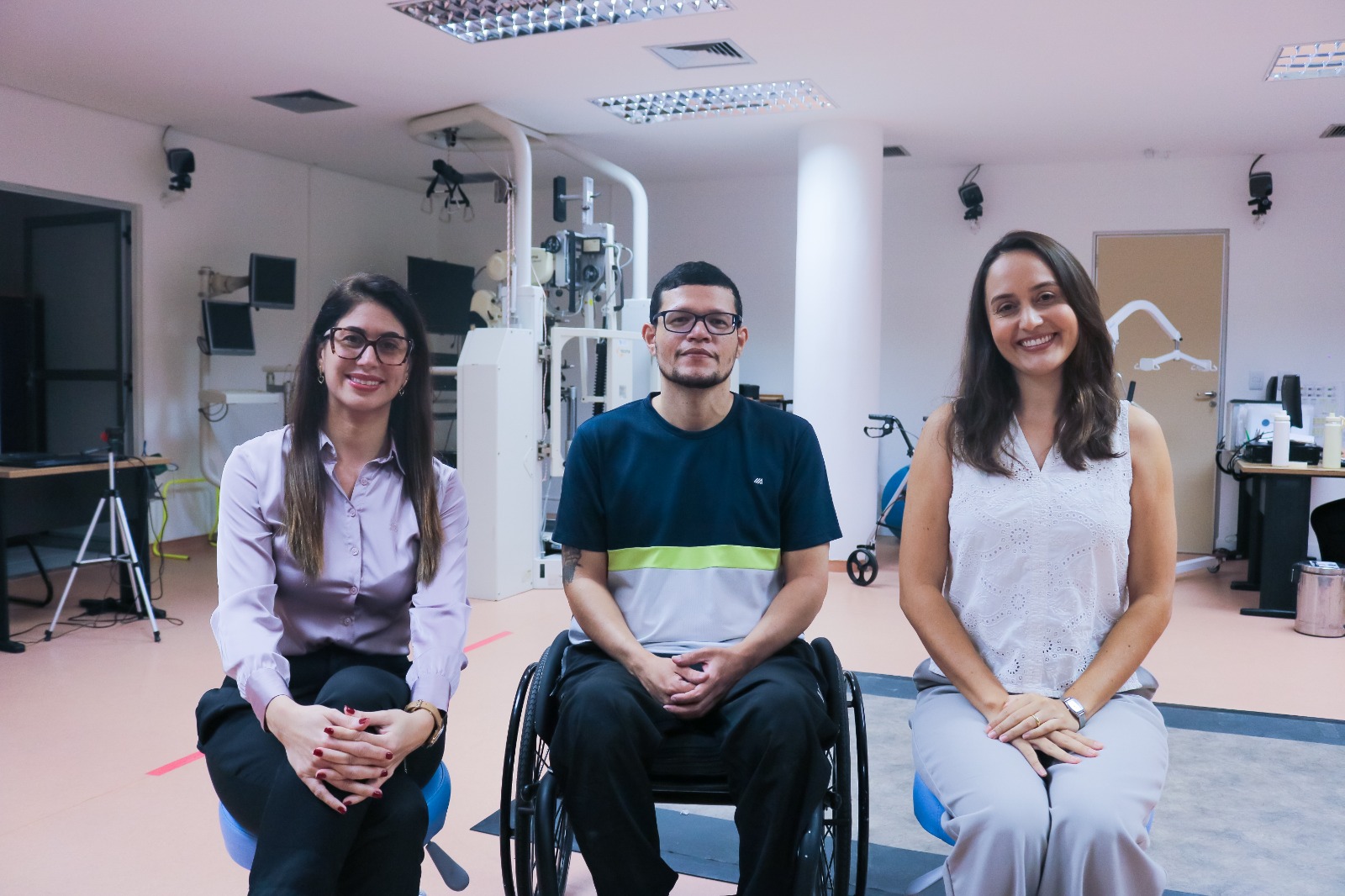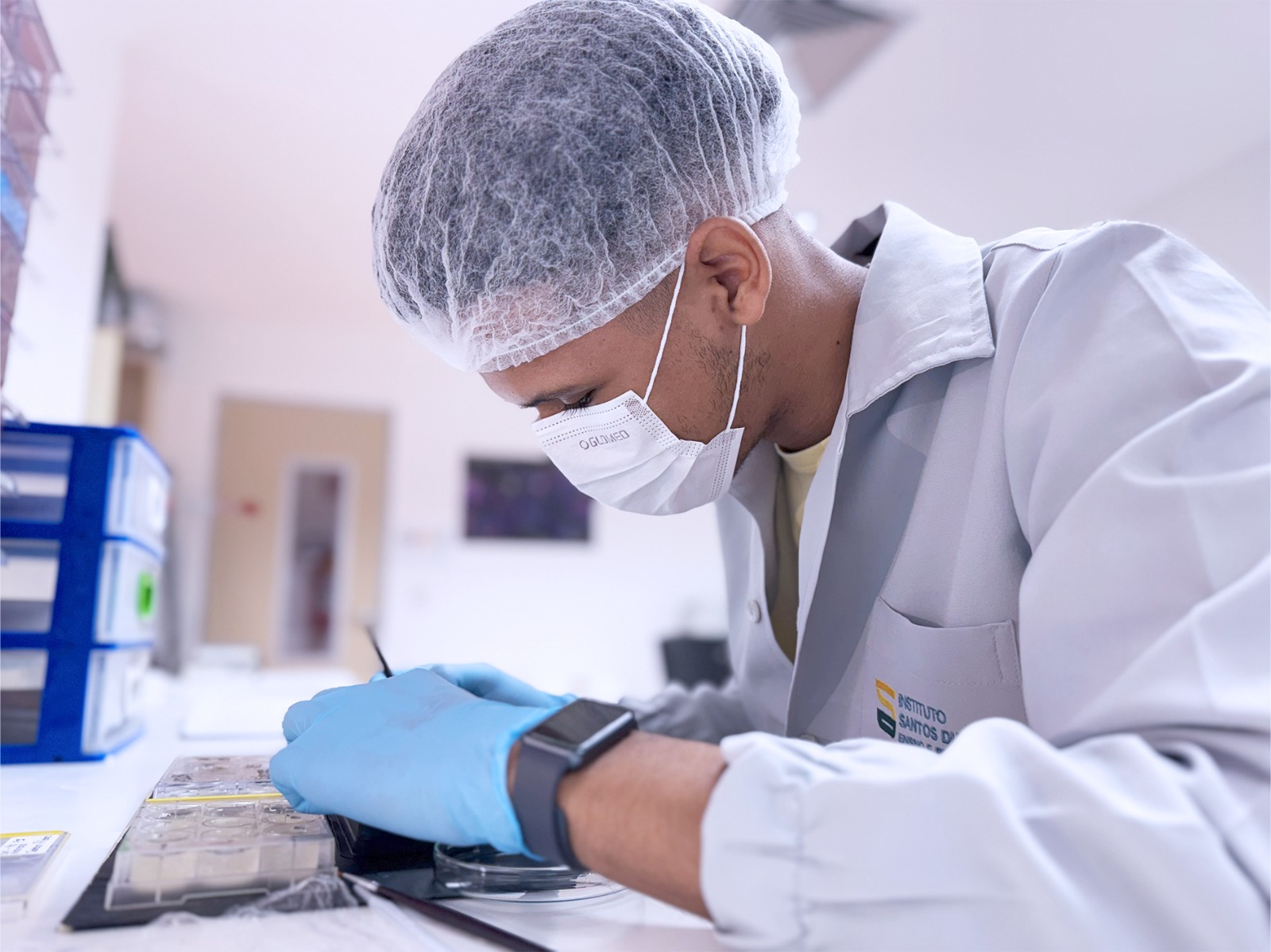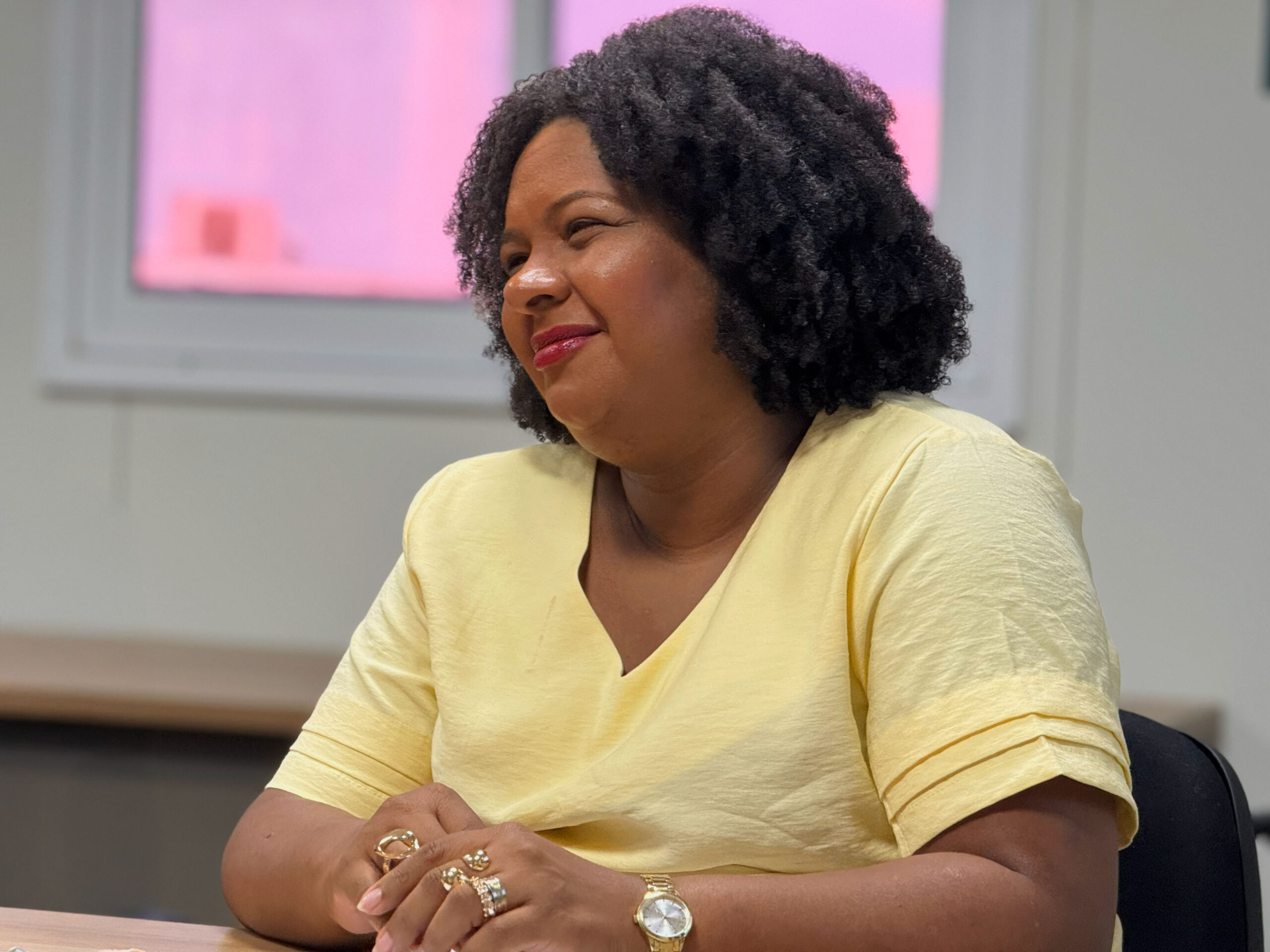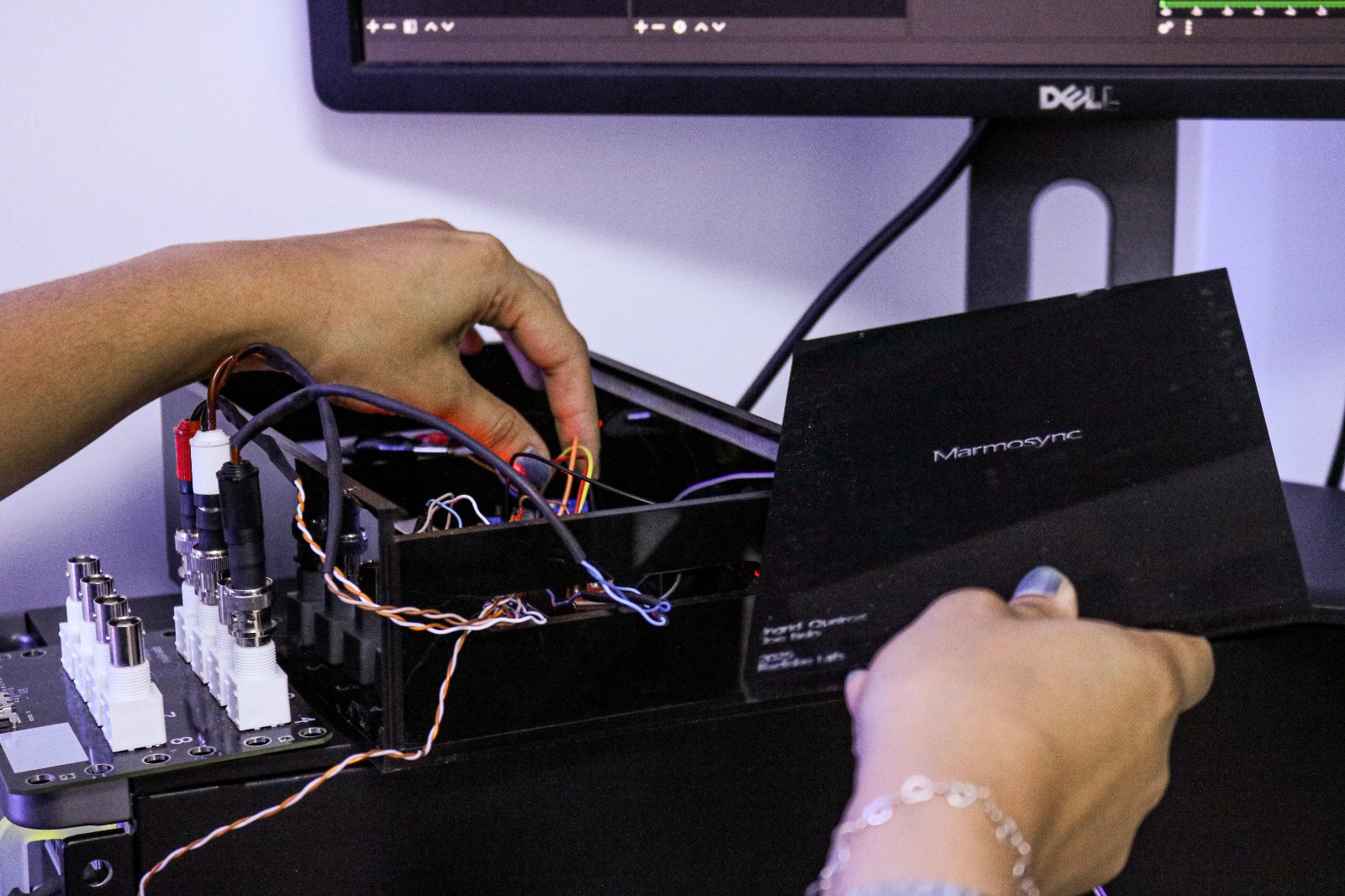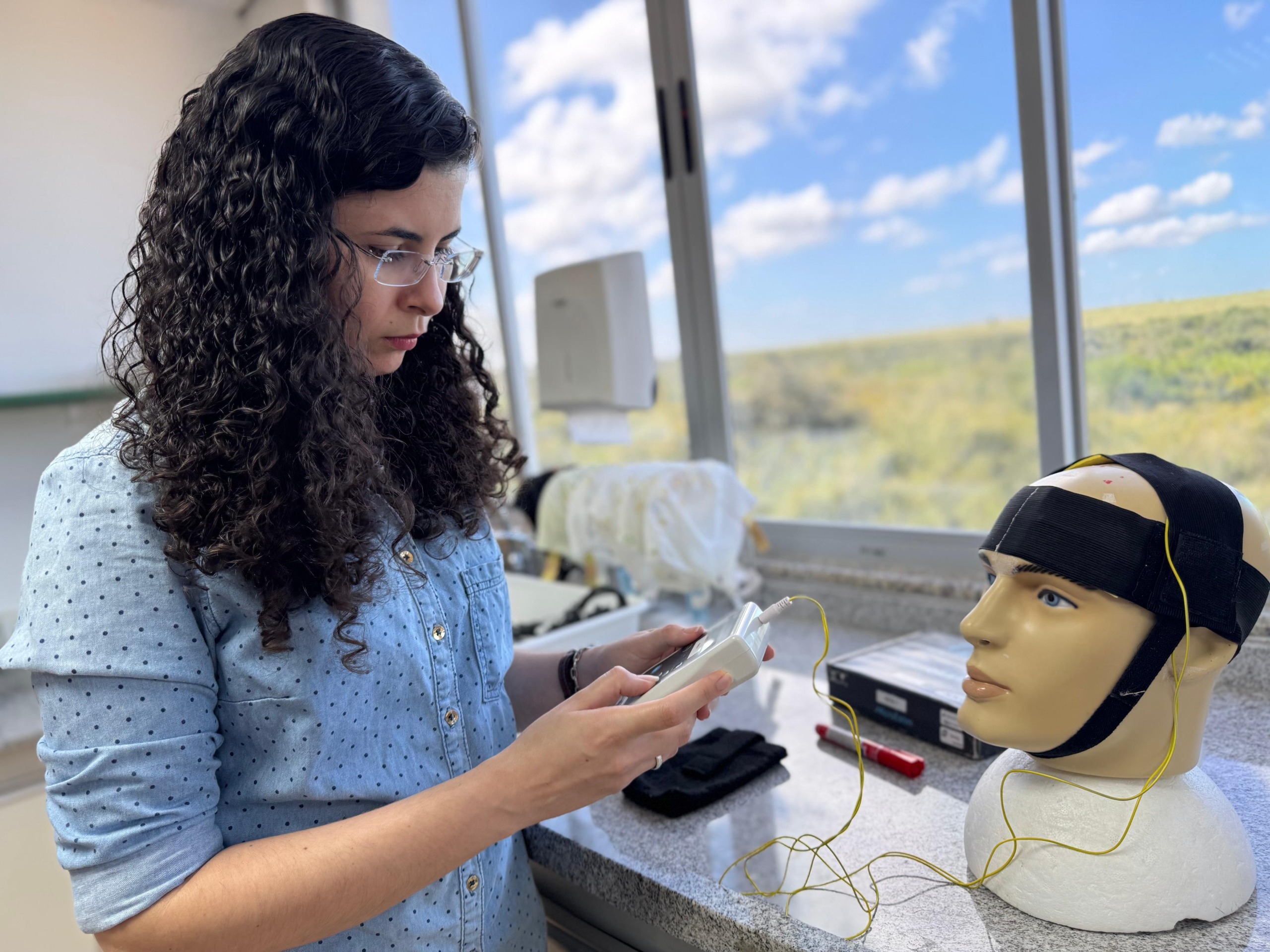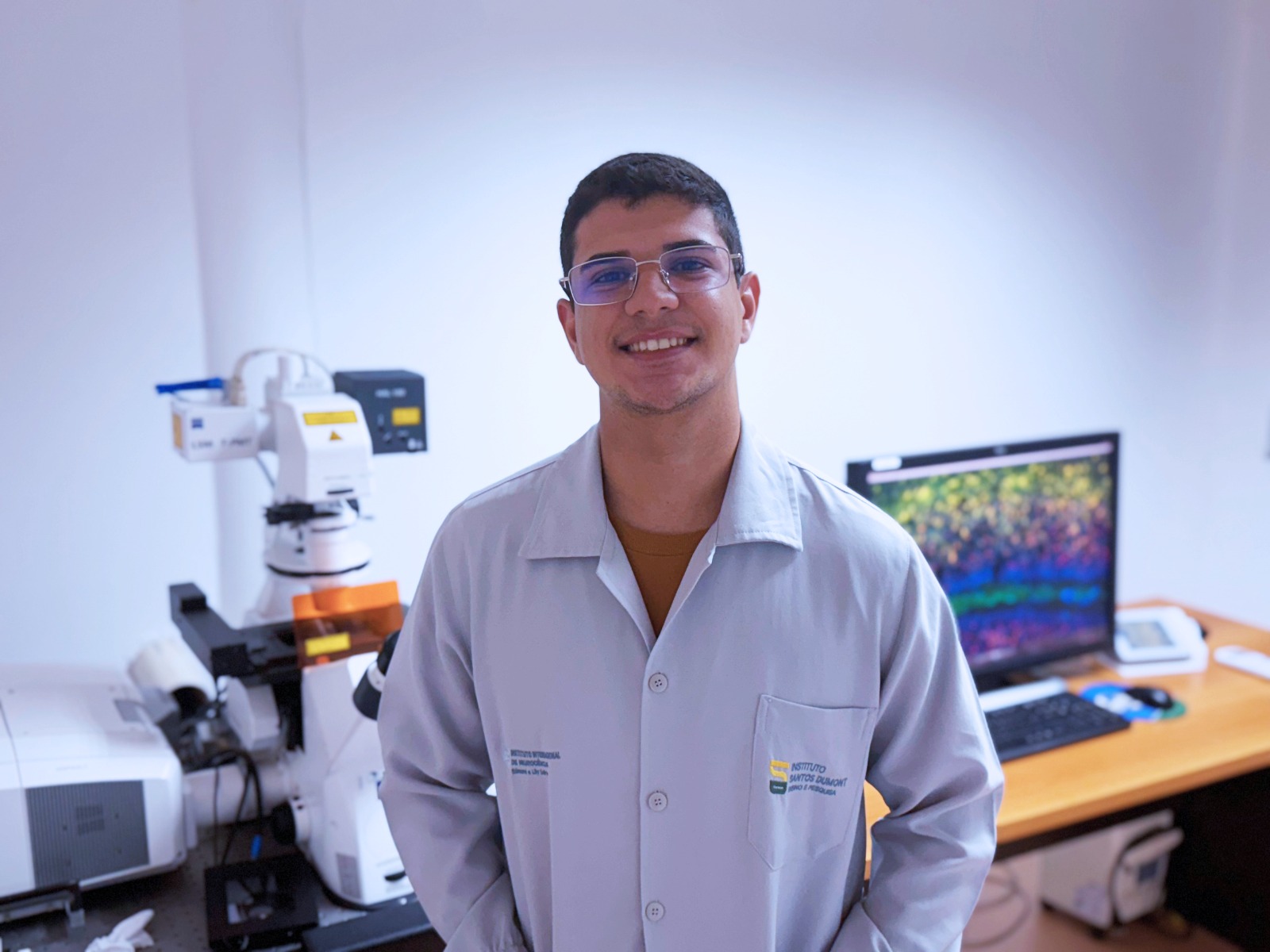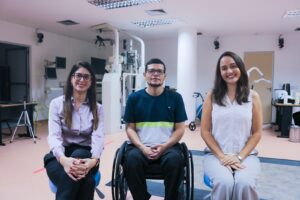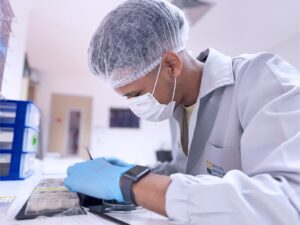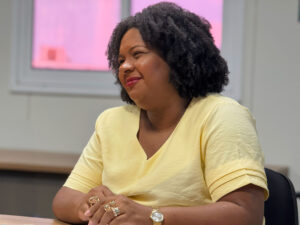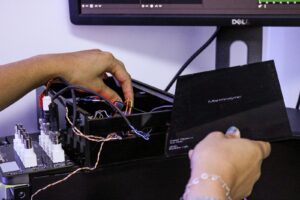A United Nations (UN) established February 11th as the International Day of Women and Girls in Science. And why does the topic deserve to be highlighted? Data from the UNESCO Institute of Statistics (from the English acronym UIS) attest that less than 30% of the world's researchers are women. Some factors, including those linked to gender stereotypes, discourage women from pursuing so-called careers STEM, an acronym in English for Science, Technology, Engineering and Mathematics. The data collected by the UIS should guide organizations and companies around the world to promote actions to include and value the scientific knowledge produced by researchers, within the scope of the Sustainable Development Goals, agreed in 2015 in the so-called Agenda 2030. One of the main funding bodies of science in the country, the National Council for Scientific and Technological Development (CNPq) does not clash with global data. According to the study “Women's participation in science and technology: between occupied spaces and gaps” by Betina Stefanello, Maria Lúcia Braga and Isabel Tavares, the granting of CNPq scholarships is practically equal between women and men, however a minority of the scientists who receive funding are in the technological and exact areas. In this article, the authors analyzed aspects of female participation in science and technology based on data available at CNPq on the granting of scholarships and grants for the years 2001 to 2014.
IIN-ELS researchers comment on recent funding
In 2019, projects by three scientists from Edmond and Lily Safra International Institute of Neuroscience (IIN-ELS) received support from the CNPq Universal Call 2018 in track A. Carolina Kunicki, Fernanda Mesquita It is Manuela Sales will receive a total of R$ 30 thousand, each, for their respective projects in the neuroscience and immunology funding lines and each funded research will last three years. In 2017, another IIN-ELS Researcher, Mariana Araujo, also received support in track A of the CNPq Universal notice. Below, they comment on the funded projects and the importance of obtaining support for the scientific and social development of Brazil:
Carolina will research how brain-machine interface systems that use real-time neural activity analysis can control external devices. She hopes that her project can, in the medium term, help restore, for example, lost function in patients who have had a stroke and do not have tactile sensitivity: “Through the assistance received in the CNPq Universal Notice, it will be possible to finance the project , as well as allowing the training of human resources and dissemination of scientific results to the population and the scientific community. In addition to helping to promote scientific and technological development, aid like this has also allowed the country's socioeconomic development”, says the researcher.
This was Fernanda's first opportunity to submit a proposal to the Universal notice and her project aims to evaluate the effectiveness of neuromodulation using Electrical Spinal Cord Stimulation (EME) as an alternative therapy for patients with Parkinson's Disease. She explains: “Understanding the mechanisms by which neuromodulation device therapies have proven effective is important for the safety, effectiveness and popularization of the treatment in patients. Furthermore, the study also has the potential to identify new therapeutic targets, and could open new perspectives for patients with this disease.”
For reasons that are still poorly understood, congenital infection with the Zika virus (ZIKV) can cause microcephaly. The results of the research led by Manuela will allow us to trace immunological profiles of mothers and children with microcephaly and explore the mechanisms involved that trigger this neurological disorder after ZIKV infection. According to the Researcher, the data from this project carried out in partnership with the Microcephaly Clinic (in the photo above) of Anita Garibaldi Health Education and Research Center (CEPS), may help in choosing more efficient therapeutic schemes for this patient population and in the development of early intervention strategies: “Having been covered by the notice shows that our work is being recognized and valued, and more than that, it indicates that the The project has the potential to generate good results for academia and the population. I would like to take this opportunity to thank all the collaborators of this project, which includes professors and researchers from IIN-ELS, CEPS, UFRN and UFPB. Without joint efforts, the approval and implementation of the project would not be possible”, concludes Manuela.
The results obtained in Mariana's project will contribute to the understanding of the mechanisms involved in the physiology of manic states and may also support the development of new treatments for patients with bipolar disorder (BD), who commonly present cyclical mood changes, characterized by periods of mania and depression interspersed with normal periods of mood. The Researcher recalls the possibility that the support received could encourage young scientists: “With the funding received through the Universal notice, I was able to finance a large part of the approved research. Furthermore, the Scientific Initiation and Technical Support scholarships are essential for the students involved in the project.”
Text and photo: Ariane Mondo / Ascom – ISD
Communication Office
comunicacao@isd.org.br
(84) 99416-1880
Santos Dumont Institute (ISD)
Social organization that maintains ties with the Ministry of Education (MEC) and whose mission is to promote education for life, forming citizens through integrated teaching, research and extension actions and to contribute to a fairer and more humane transformation of the Brazilian social reality.




